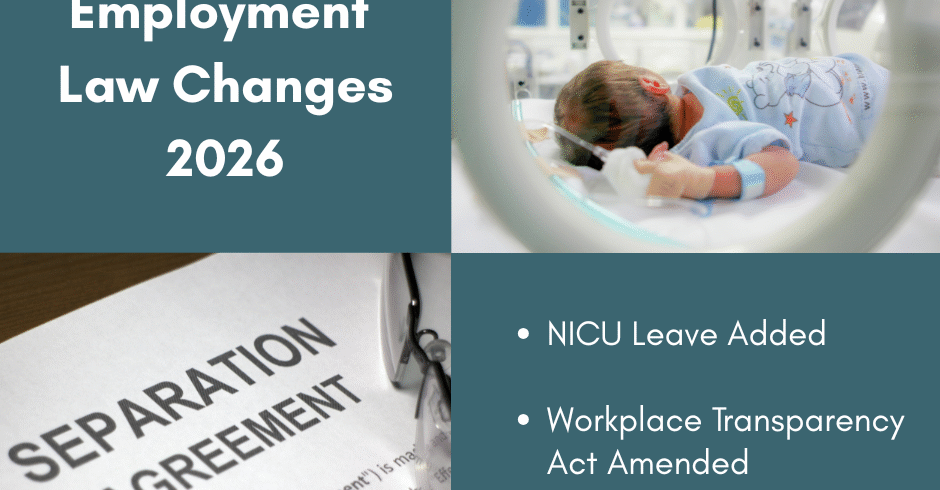By Mark McAnulty and Jackson Treadway –
On January 3, 2023, Congress passed a law that will expand the accommodations employers are required to provide to pregnant workers. Expected to be signed into law soon by President Biden, the Pregnant Workers Fairness Act (the “Act”) will require employers to extend “reasonable accommodations” to pregnant workers who request such accommodation.

The Act adopts the same definition of “reasonable accommodation” as the Americans with Disabilities Act, requiring that an accommodation be reasonable and allow the employee to perform the essential functions of their job. Over the next two years, the U.S. Equal Employment Opportunity Commission will issue examples of specific accommodations it feels are reasonable under most circumstances. This will allow employers to better understand the extent of the accommodations they must make for a pregnant worker under this Act. In the meantime, applying the reasonable accommodation standard used under the Americans with Disabilities Act is likely the best method of evaluating whether or not a specific accommodation is required for a pregnant worker.
Previously, the standard for providing accommodations to pregnant workers was based on the U.S. Supreme Court’s opinion in Young v. U.S. Parcel Service Inc., which required employers to offer accommodations they afforded to other employees to pregnant workers also. As such, if a pregnant employee was requesting an accommodation that had not been extended to an injured or disabled employee in the past, the employer was not required to extend it to the pregnant employee. Under this new law, employers will be expected to extend a reasonable accommodation to a pregnant employee regardless of whether or not a comparable accommodation has been extended to another employee in the past.
Employers are encouraged to keep in mind that this Act does not eliminate their obligations to pregnant workers under the Pregnancy Discrimination Act which prohibits adverse employment decisions against employees based on pregnancy. For more information, please contact Mark McAnulty, Jackson Treadway, or any of the KDDK Labor and Employment Law professionals.






